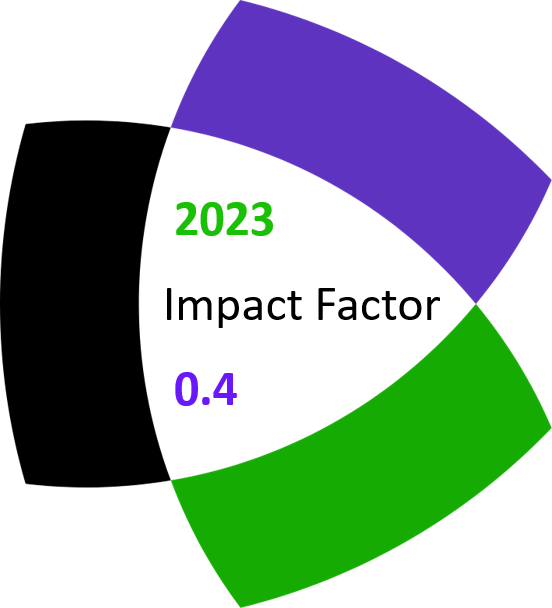Volume 13 ▶ Number 1 ▷ Number 2 ▷ Number 3 ▷ Number 4
Arithmetical function characterizations and identities induced through equivalence relations
Original research paper. Pages 1–19
Temba Shonhiwa
Full paper (6018 Kb) | Abstract
Let A denote the set of arithmetic functions and ∗ Dirichlet convolution. The paper presents and alternative approach to the study of arithmetic functions by introducing a homomorphism between the subgroup <U, ∗> of the group of units in <A, ∗> and the quotient ring induces through an equivalence relation. The same notion is extended to the case of unitary convolution.
On some Pascal’s like triangles. Part 3
Original research paper. Pages 20–26
Krassimir T. Atanassov
Full paper (87 Kb) | Abstract
In a series of papers, starting with [1,2], we discuss new types of Pascal’s like triangles. Triangles of the present form, but not with the present sense, are described in different publications, e.g. [3,5,6], but at least the author had not found a research with similar idea.
In the first part of our research we studied properties of some standard sequences and in the second part – of some “special” sequences. Now, we shall construct (0, 1)-analogous of the Pascal’s like triangles (or “(mod 2)-triangles”) from the both previous papers, i.e., we will construct (mod 2)-values of their elements and will discuss the obtained configurations. We will call the new triangles “(0, 1)-triangles”.
Modular-ring class structures of xn ± yn
Original research paper. Pages 27–35
J. V. Leyendekkers and A. G. Shannon
Full paper (355 Kb) | Abstract
Integer structure theory is used to analyse the factors of sums and differences of two identical powers of two integers, x and y. For instance, the sum of two identical powers, m, cannot form primes when m is odd or when m is even if the powers are odd and of the form m/2. The expanded forms of the factors indicate why the structure acts against the sum ever equalling an identical power. The difference of odd powers can yield primes when x − y = 1. The difference of even powers cannot yield primes whereas the sum can when m/2n is even. However, x2 − y2 can equal a prime when x − y = 1.
Remark on Jacobsthal numbers
Original research paper. Page 36
Krassimir T. Atanassov
Full paper (83 Kb)
Volume 13 ▶ Number 1 ▷ Number 2 ▷ Number 3 ▷ Number 4


